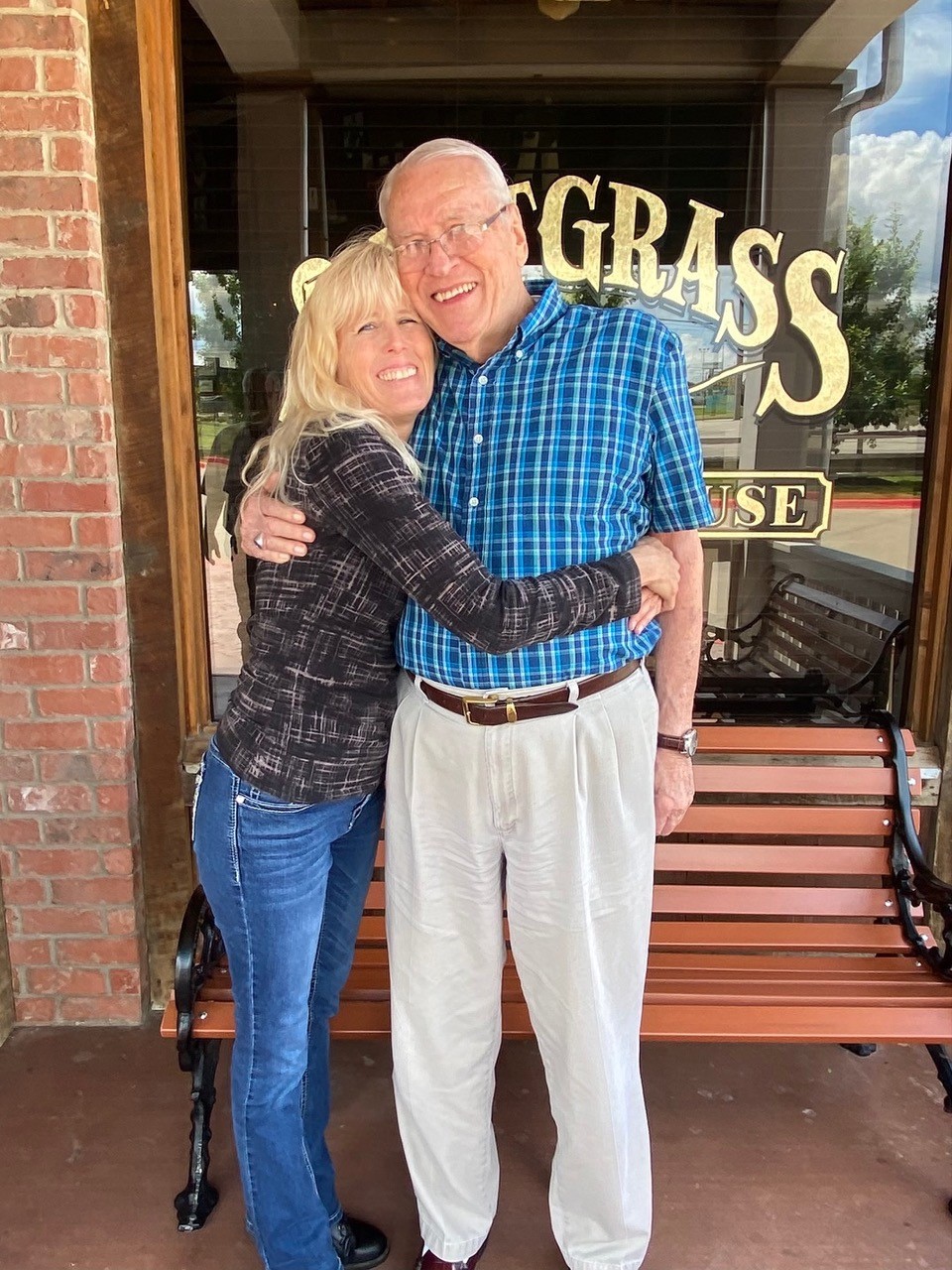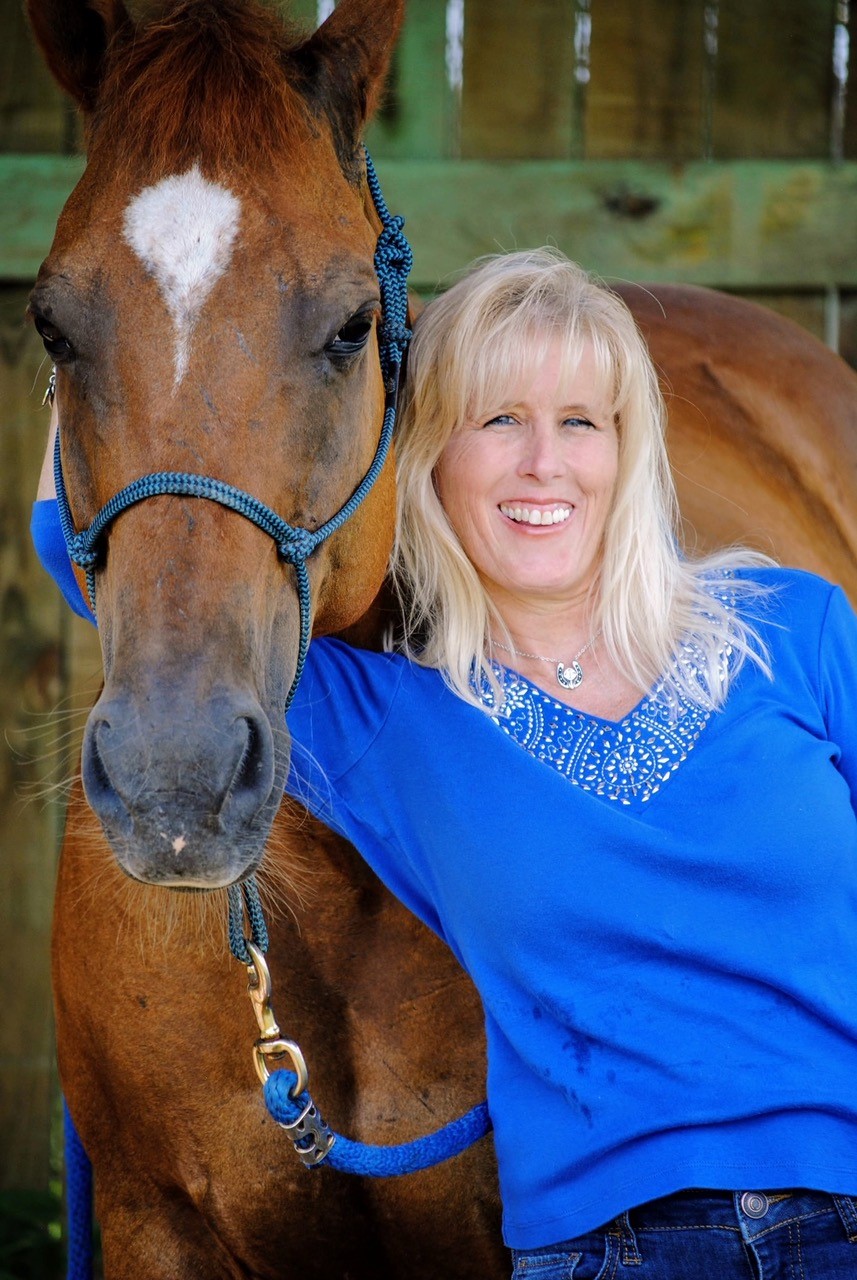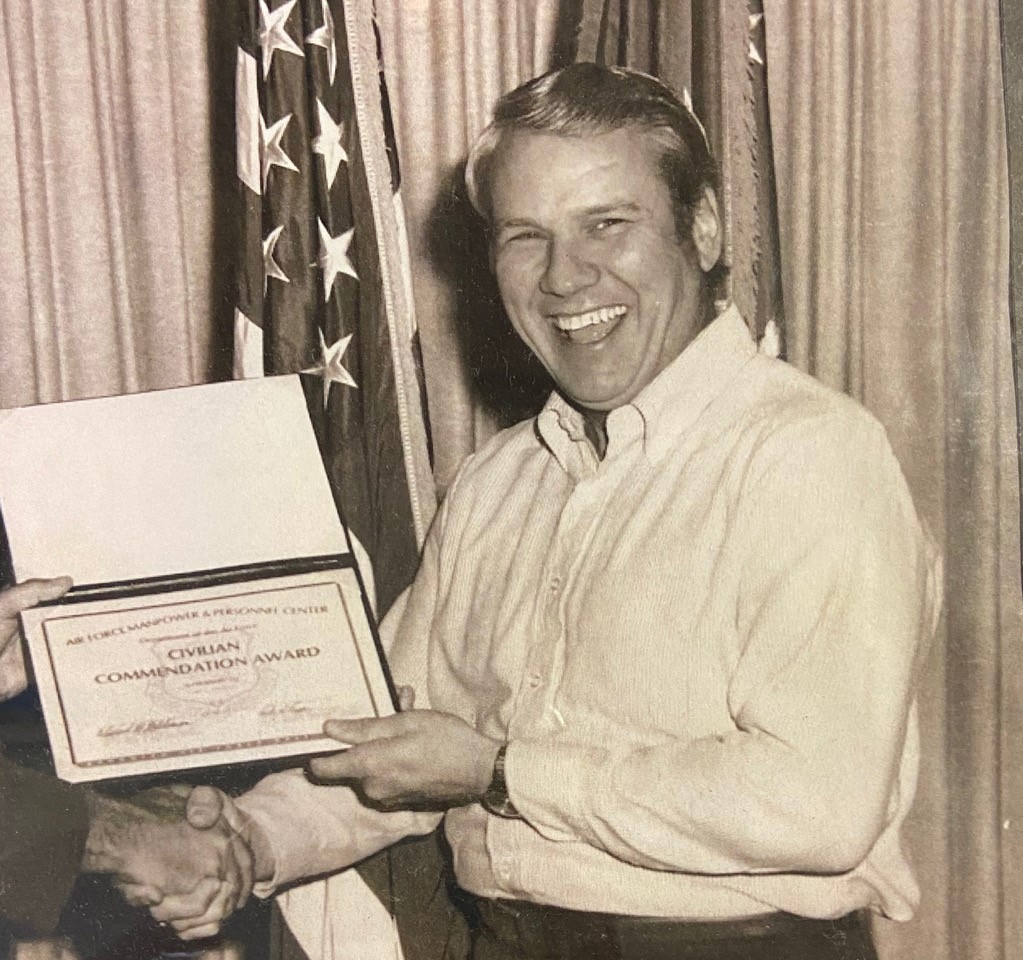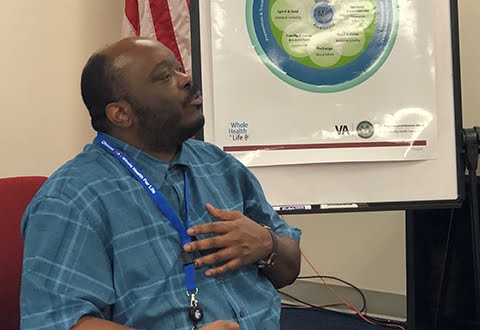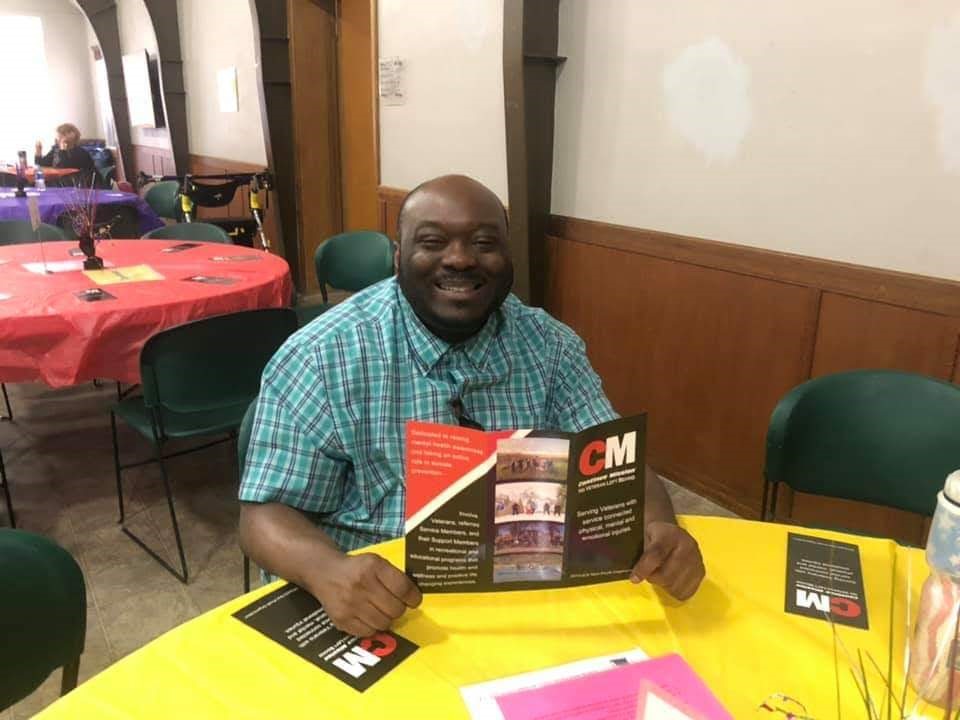“Caregiving for a veteran is about helping them live their best lives after service,” said Cathy Dietrich who cares for her father, Lynn, an 87-year-old Air Force veteran, in Tyler, Texas.
This Veterans Day, Dietrich says she hopes people will not just honor a veteran’s service but also take time to appreciate who they are today and the caregivers who walk beside them.
“These veterans are more than their service. Their service is special but so are the lives they are leading as veterans in our communities today,” she said.
Dietrich is one of the estimated 5.5 million caregivers in the U.S. currently caring for aging, injured, or wounded service members and veterans. As a member of the Red Cross Military Veteran Caregiver Network (MVCN), she relies on the network for support and resources as she navigates her caregiving journey.
MVCN Director Melissa Comeau says that honoring veterans is something that caregivers do each day. “In the tasks and duties we do each day such as medication management, health care coordination and emotional support, we are honoring veterans,” she said.
“Our caregivers give so much of themselves. This role can impose a substantial physical, emotional and financial toll on them,” Comeau said. “Connecting caregivers with each other and resources is at the heart of what we do.”
Serving more than 8,200 caregivers worldwide, the MVCN offers caregivers peer mentors, peer support groups, an online community as well as mental health, wellness and resiliency workshops. Comeau says that the network seeks to decrease feelings of isolation, and increase feelings of connection, hope and well-being.
“The MVCN is very good at just holding space for people to share what this journey is like. We offer resource referrals, resiliency workshops and self-care opportunities. But the meat and potatoes and the thing that matters the most is just listening, validating and caring for our caregivers,” she said.
Comeau says that in addition to resources, caregivers are looking for a space to be heard. “MVCN hears people and provides a place to talk about what is going through non-judgmental, true peer support,” she said.
Dietrich’s father, who has Lewy Body Dementia, took a precipitous decline during the pandemic. She says the isolation he was feeling impacted his health and her ability to care for him. At times, the compounding stress of COVID-19 and the responsibilities of caregiving often felt overwhelming for her.
Dietrich turned to the MVCN for help. During an online workshop, she found solace with fellow caregivers. “At one point, I told the group that my two horses Gypsy and Junior make me feel better. Since we were on video, I was able to go out into my pasture and the horses came running to the phone and the whole group loved it.”
Dietrich says that she started this particular workshop feeling low but ended on a high note because she brightened the group’s day. “It was a neat moment to share together. Everyone was smiling,” she said. Dietrich says that she went back to her father refreshed.
Marine veteran Darrian Young leads virtual MVCN workshops from his home in Utah and says that these special moments among caregivers and veterans matter. “Having someone military-connected who can relate and understand your struggles is powerful. When people have trust, feel comfortable, they may feel apt to want to try out things just a little bit more,” he said.
Young, who deployed six times to Afghanistan and Iraq, says that he easily connects with the younger participants in the network. He says the withdrawal from Afghanistan and 20 years of conflict have weighed on him and many of his fellow post 9/11-era veterans and their caregivers.
“Over the past year, mental health has been a struggle for so many of us. I experienced depression. I experienced stressful moments. And I saw that our programs can help with these things,” he said.
According to Comeau, nearly 40% of participants in the MVCN are now comprised of those caring for the post 9/11 generation of veterans. After the U.S. withdrawal from Afghanistan, the MVCN saw an increase in the use of the Hero Care Resource Directory, which provides access to over 800 resources in every zip code in America specifically designed for veterans, service members and their families.
Comeau says that the number of post 9/11 veterans is expected to increase in the coming years and the MVCN is ready to welcome this generation of veterans and their caregivers with open arms and a variety of resources.
Caregiving, Comeau says, is about ensuring veterans of all generation's live life to the fullest — not just on Veterans Day but throughout the year.
“This Veterans Day, we can show we care by displaying old service photos, baking a cake, setting up a call with service buddies or attending an event in the community. We also show that we care in the quiet moments, in the tasks and duties we do on a regular basis for our loved ones.”
Back in Texas, Dietrich says she and her father plan to celebrate Veterans Day together and maybe share a celebratory meal together.
“Dad is one of countless veterans who has spent his life giving, caring and being helpful to others. There are so many people out there like him, people who changed the lives of others through quiet service. I hope they enjoy a special day with their caregivers,” she concluded.
Thank You to Our Donors
Generous donations from Red Cross Service to the Armed Forces Giving Program (SAFGP) members enable the American Red Cross to maintain a global network of thousands of volunteers and employees to support the military 365 days a year through emergency communications, training, community resources and support to ill and injured service members and veterans. Contributions from partners like the Lockheed Martin Corporation, Reliance Steel & Aluminum Co., USAA and Wilf Family Foundations ensures the Red Cross is there 24/7 to provide comfort and care to members of the military, veterans and their families as they prepare for, cope with and respond to the challenges of military service.








